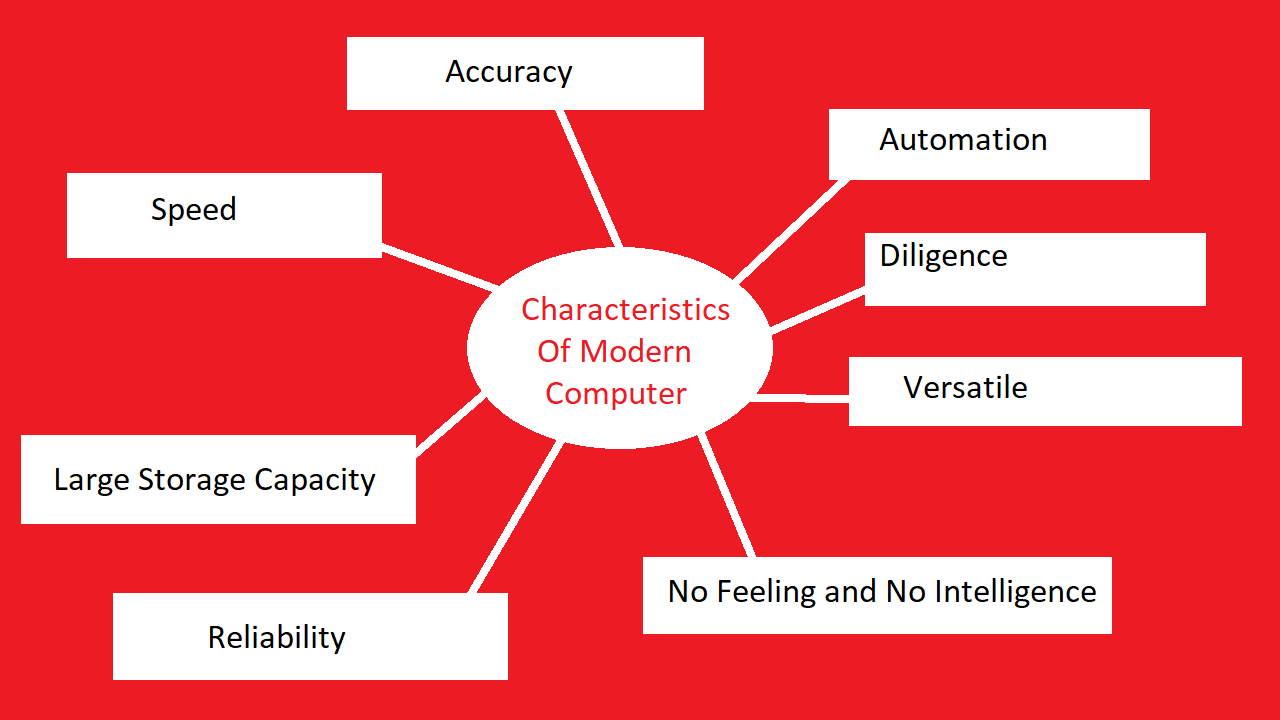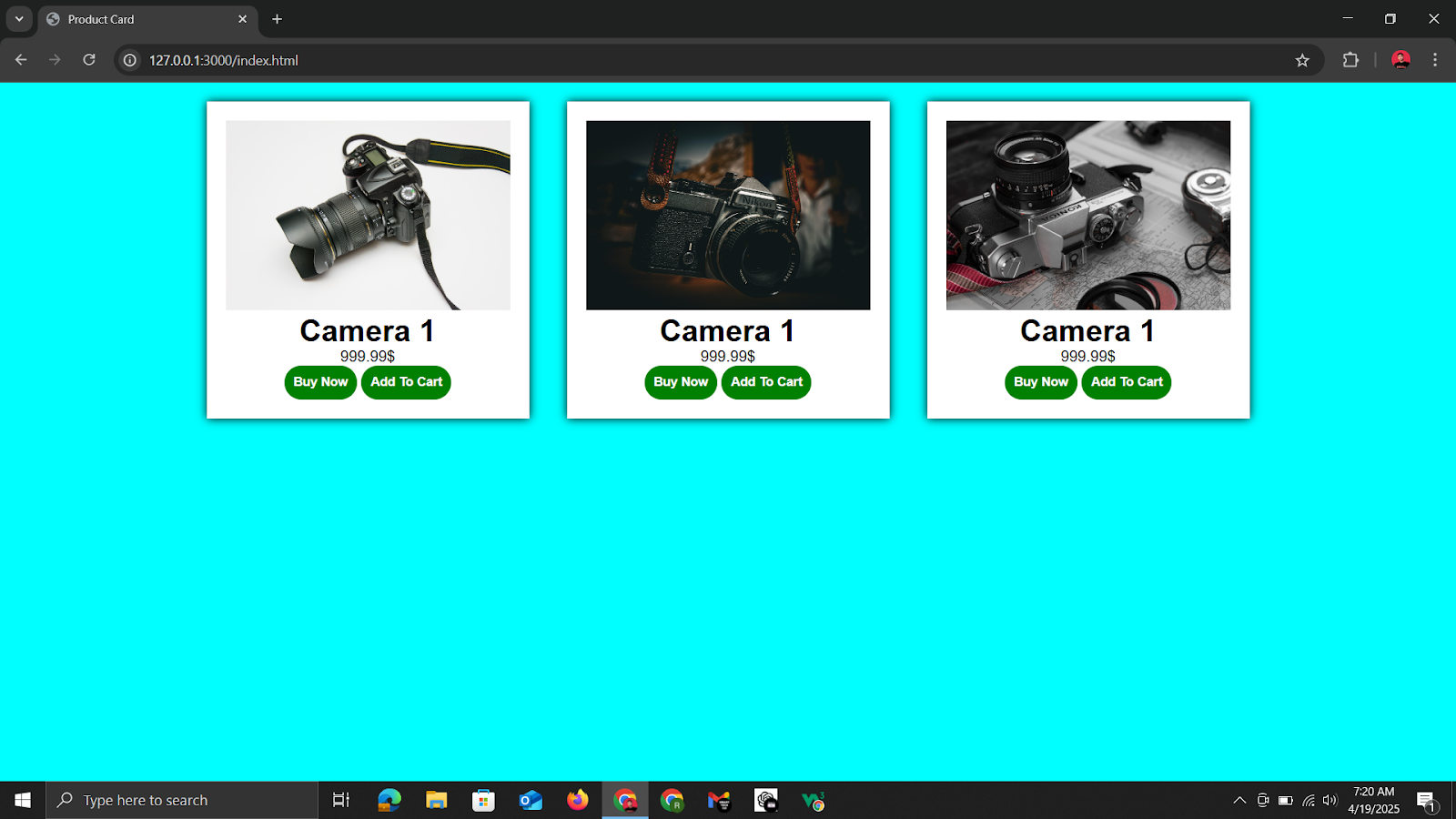What is A Web Development Framework Software?
A web development framework is a software framework designed to support the development of web applications websites, or web services. Frameworks provide libraries for database management, security features, session management, and many more.
Key Components of a Web Development Framework:
1. Programming Language:
Most web development frameworks are designed for specific programming languages, such as Python, Ruby, PHP, JavaScript (Node.js), or Java.
2. Middleware:
Frameworks often include middleware for handling common tasks like routing, authentication, and session management.
3. Database Abstraction:
They provide tools for working with databases, making it easier to create, read, update, and delete data.
4. Templates:
Frameworks usually include a templating engine to simplify the creation of dynamic web pages by allowing developers to mix code and content.
5. Security:
Security features like input validation, protection against common web vulnerabilities (e.g., Cross-Site Scripting, SQL Injection), and authentication systems are often part of a framework.
6. Front-End Tools:
Some frameworks integrate with front-end technologies (like JavaScript libraries and CSS frameworks) to enhance the user interface.
7. Testing and Debugging Tools:
Frameworks often come with tools for testing and debugging code, which helps ensure the reliability and performance of web applications.
8. Community and Ecosystem:
A robust web development framework usually has an active community of developers who create and share extensions, plugins, and documentation to support the framework.
Some of The Popular Web Development Frameworks:
Ruby on Rails:
A framework for Ruby that emphasizes convention over configuration and follows the Model-View-Controller (MVC) architectural pattern.
Django:
A Python web framework that encourages rapid development and clean, pragmatic design.
Laravel:
A PHP framework is known for its elegant syntax and features like Eloquent ORM, Blade templating, and routing.
Express.js:
A minimal and flexible Node.js framework for building web applications and APIs.
React, Angular, and Vue.js:
These are front-end JavaScript libraries/frameworks often used in combination with back-end frameworks for creating single-page applications.
The choice of a web development framework depends on various factors, including the programming language you're comfortable with, the type of project you're working on, and your specific requirements. Frameworks can save development time and help maintain consistency and quality in web application development.
.png)








